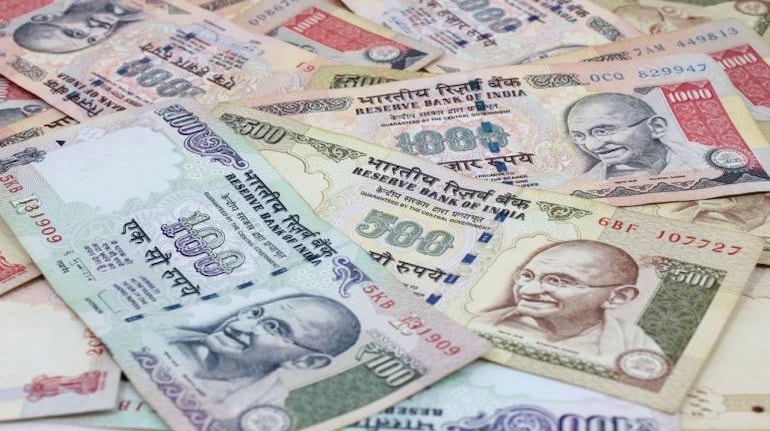



India Ratings and Research (Ind-Ra), on September 28, said that the household indebtedness - both in rural and urban areas - was higher in southern states than rest of India over 2013-2019.
As per Ind-Ra's analysis of All India Debt and Investment Survey, in 2019, Telangana with 67.2 percent had the highest proportion of its rural households indebted and Nagaland with 6.6 percent had the lowest proportion of its rural households indebted.
The agency further noted that Kerala had the highest incidence of indebtedness among the urban households with 47.8 percent of urban households indebted and Meghalaya with 5.1 percent was the lowest.
Also Read: India Ratings maintains stable outlook on banking sector in FY22
"Four southern states - Andhra Pradesh, Kerala, Tamil Nadu and Telangana figured among the five states having the highest debt to asset ratio both for rural and urban households. Even the fifth southern Indian state Karnataka has a debt to asset ratio higher than all India average both for rural and urban households," Ind-Ra said.
"This indicates that not only a higher proportion of households in southern states are indebted, but they were also more leveraged," the agency added.
However, all southern states, except Kerala, reported a decline in the debt to asset ratio in 2019 compared to 2013.
According to Ind-Ra, the sharpest decline in debt to asset ratio both for rural and urban households was noticed in Andhra Pradesh.
"Higher leverage is often interpreted as a sign of financial vulnerability. Ind-Ra believes the ability to take higher debt and service the same is also linked to the asset/income profile of the households. All southern states, except Kerala, have the average value of asset per household lower than all India average. But, all southern states have a per capita income higher than national average," it said.
As per the agency's analysis, both urban and rural households rely primarily on non-institutional sources for debt for their medical treatment.
Ind-Ra said that it does not see significant switch in household spending from an ‘essentials only’ approach to discretionary spending any time soon as household indebtedness has aggravated lately due to the impact of COVID-19 pandemic.
"Since the threat of COVID -19 pandemic is still not over and the economy may take a while to fully recover, it is unlikely that households will witness any meaningful acceleration either in their income growth or in the valuation of their assets," it said.
The agency further said that the government will have to support the economy both through policy and fiscal spending to nurture the ongoing economic recovery.
Discover the latest Business News, Sensex, and Nifty updates. Obtain Personal Finance insights, tax queries, and expert opinions on Moneycontrol or download the Moneycontrol App to stay updated!
Find the best of Al News in one place, specially curated for you every weekend.
Stay on top of the latest tech trends and biggest startup news.